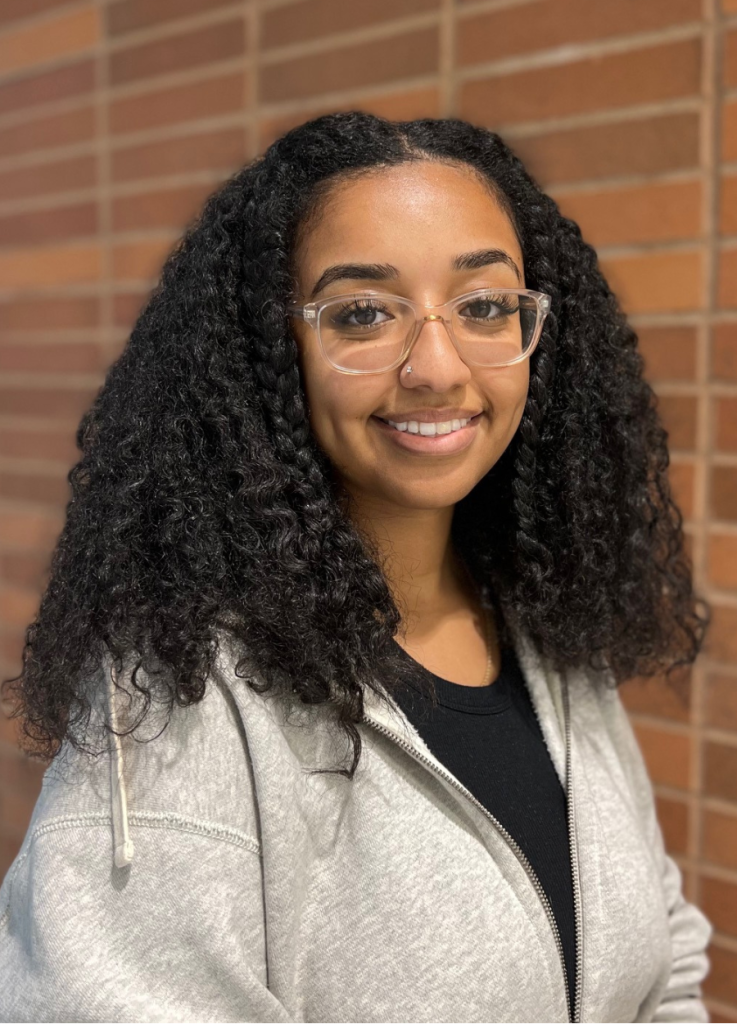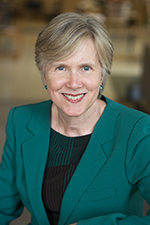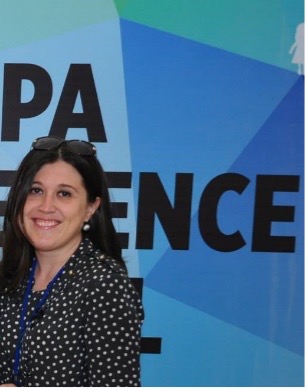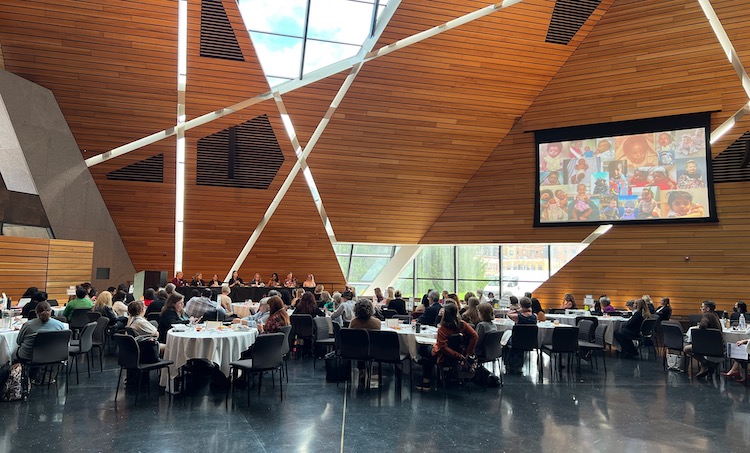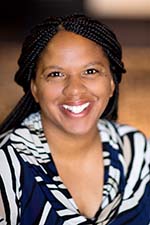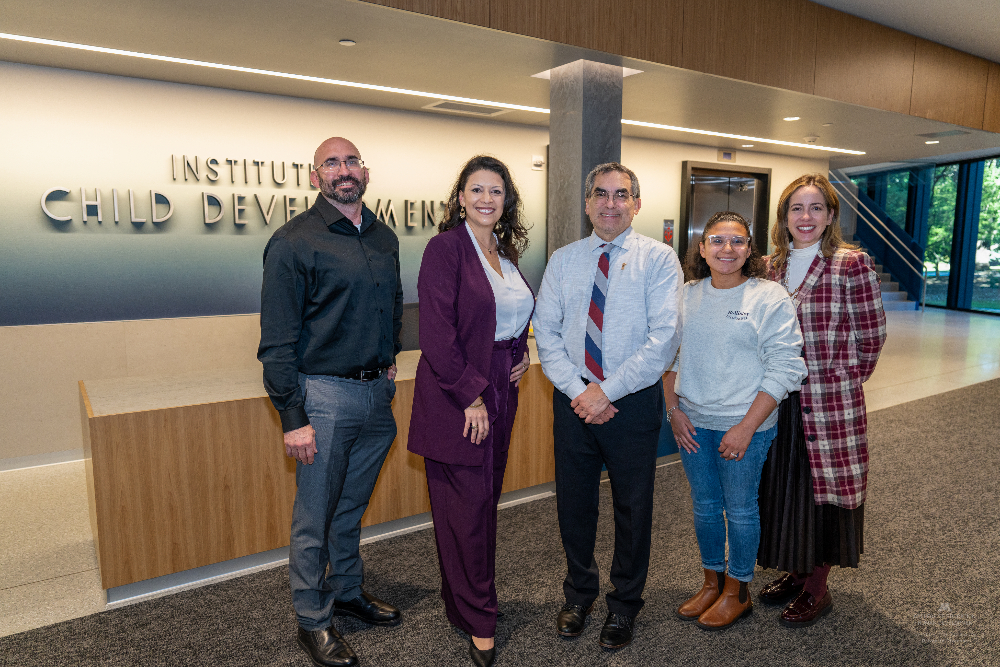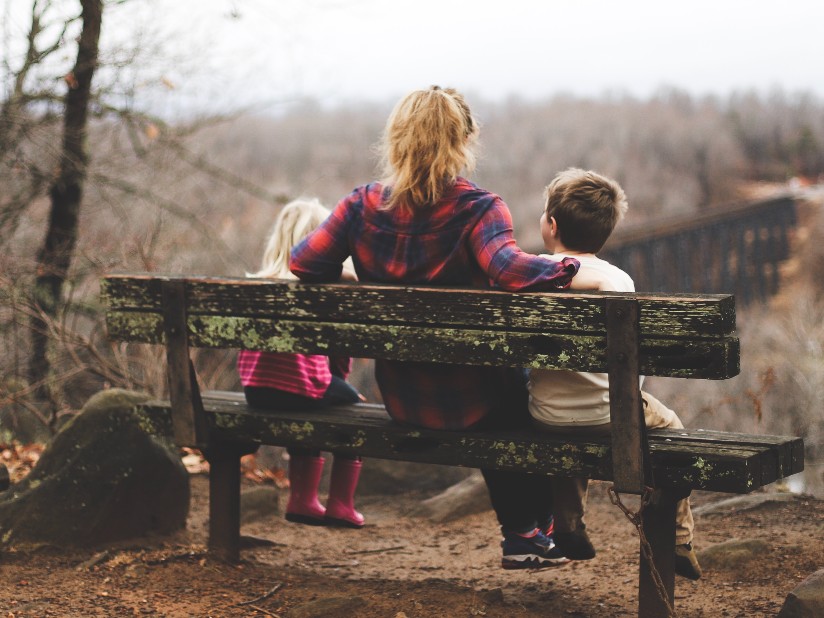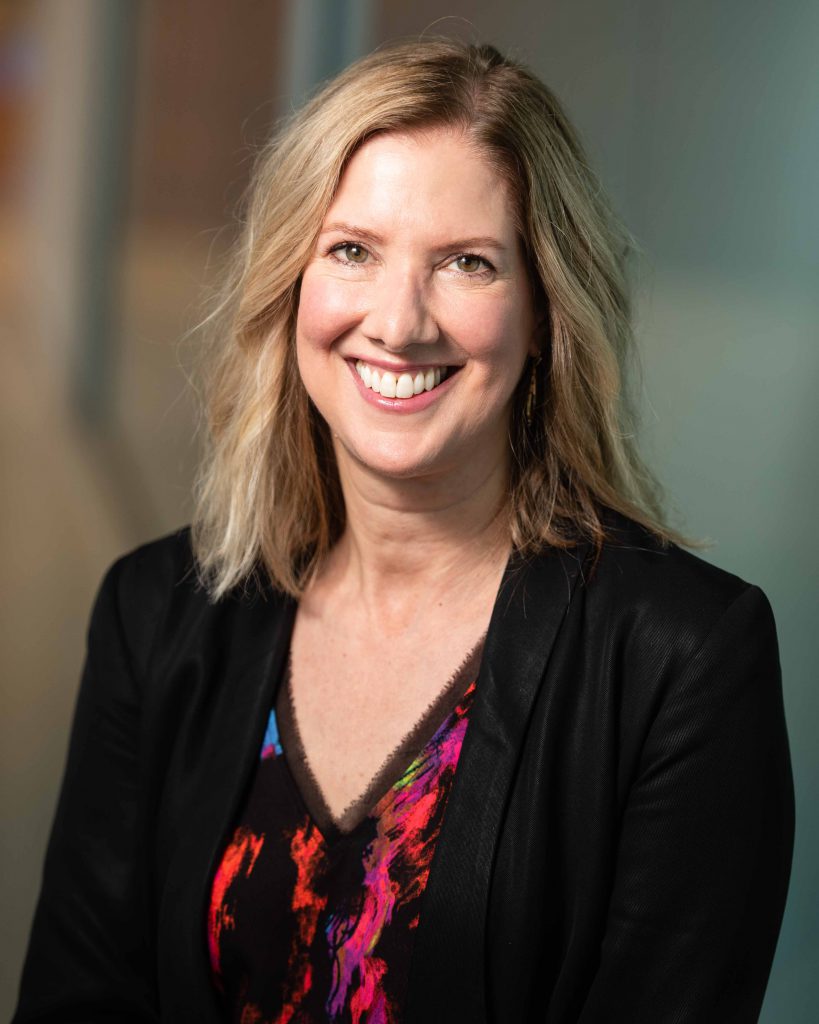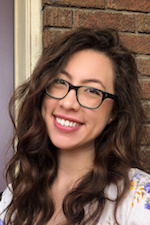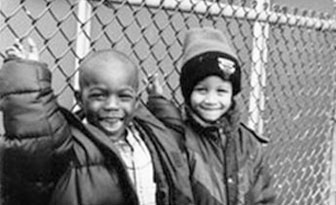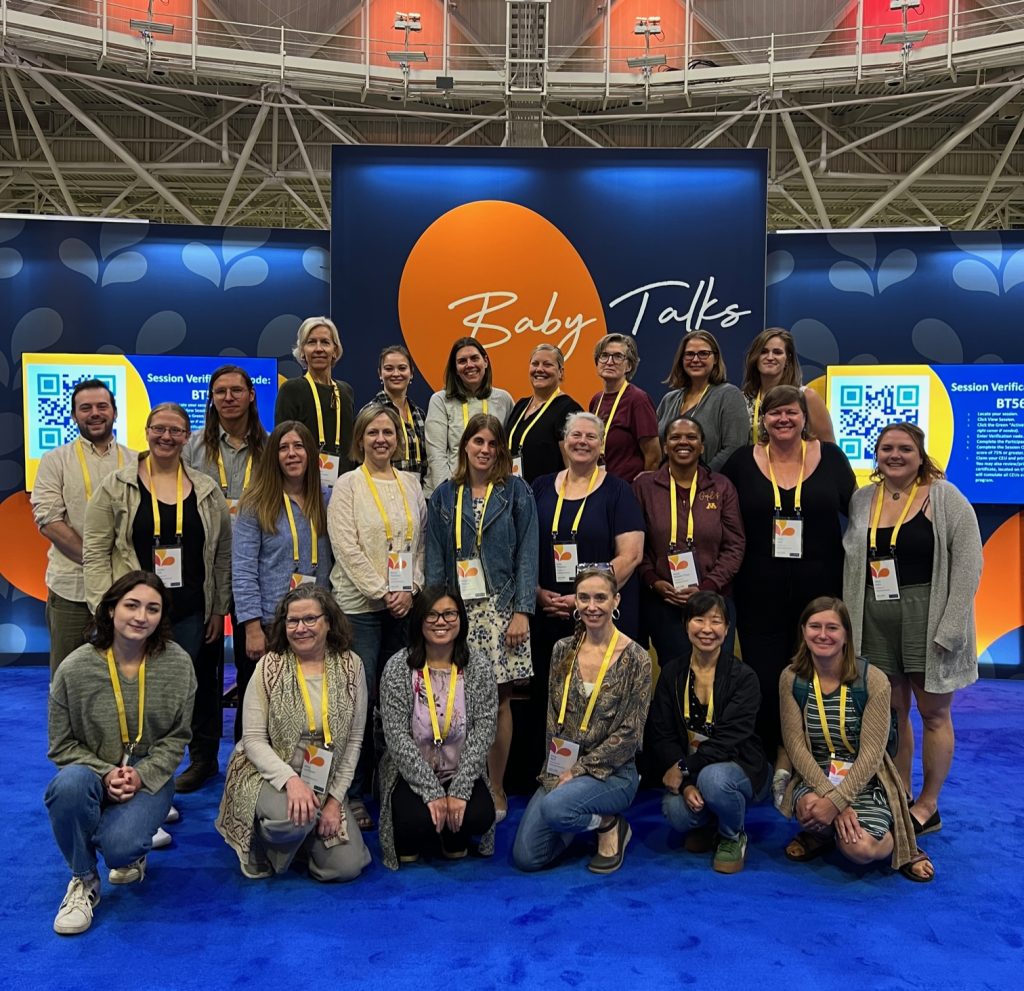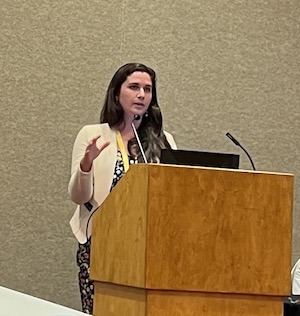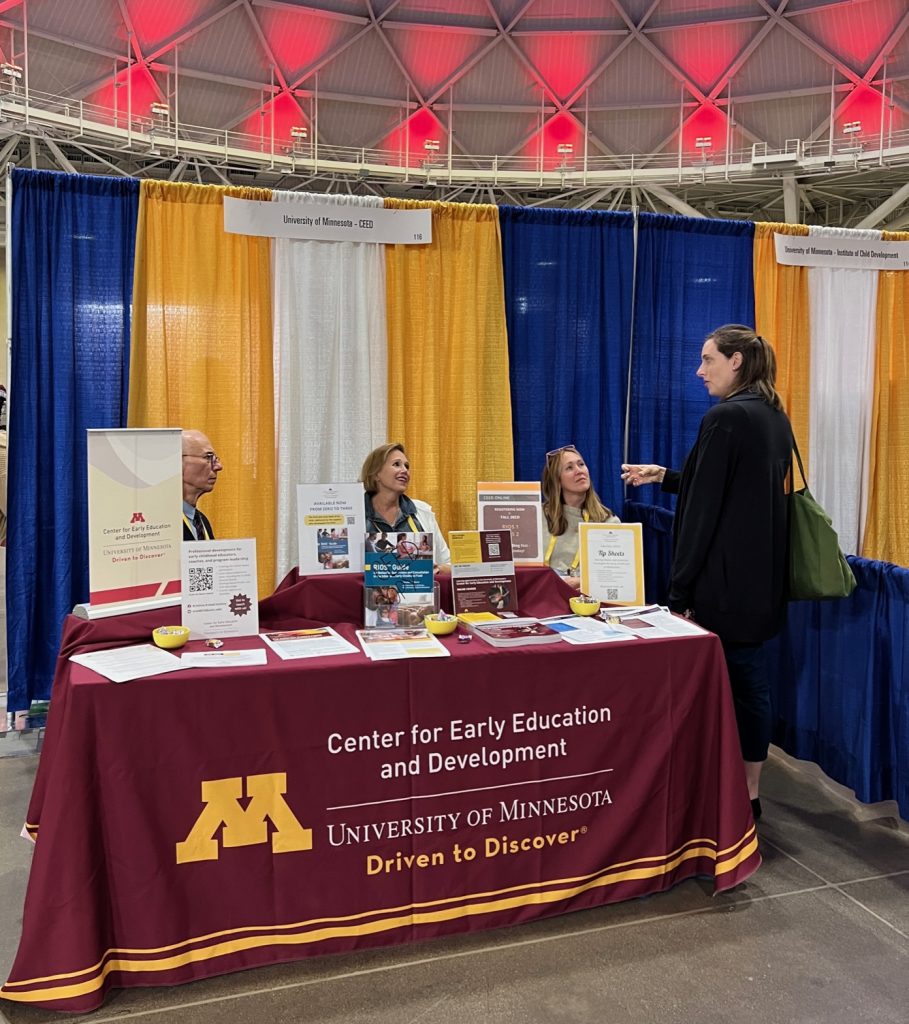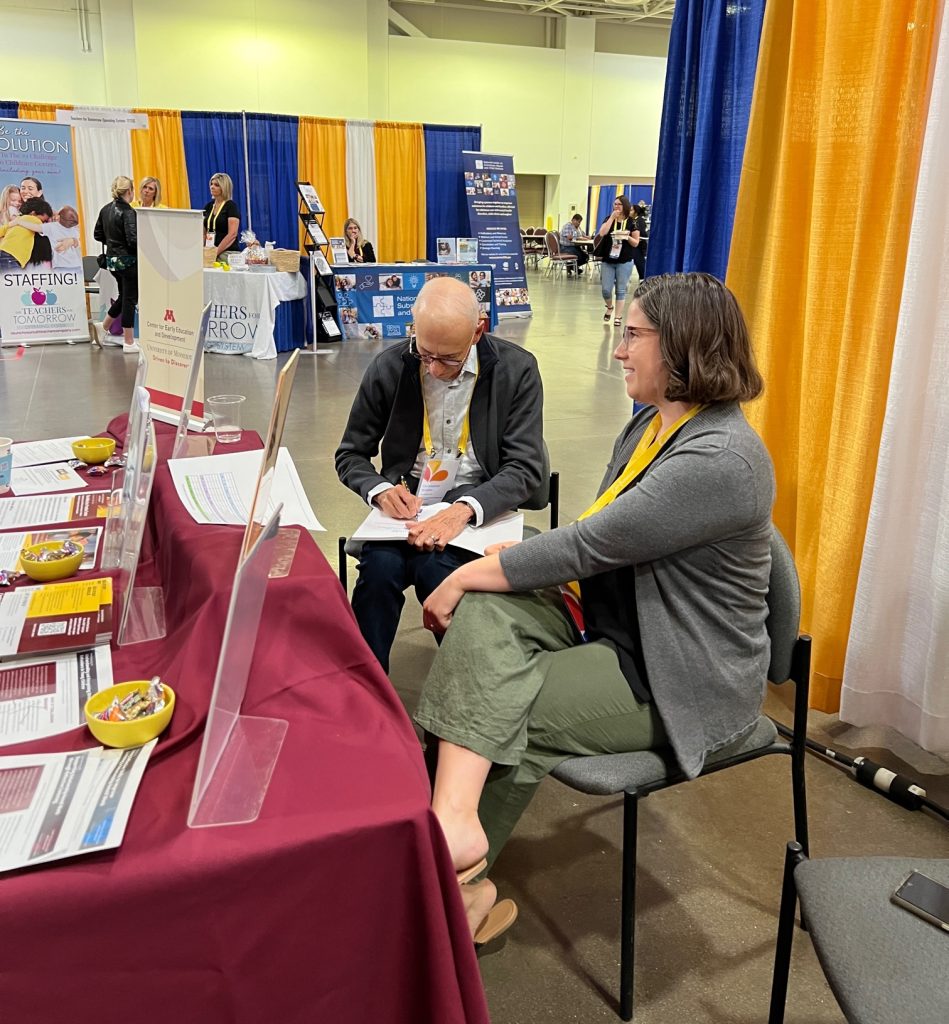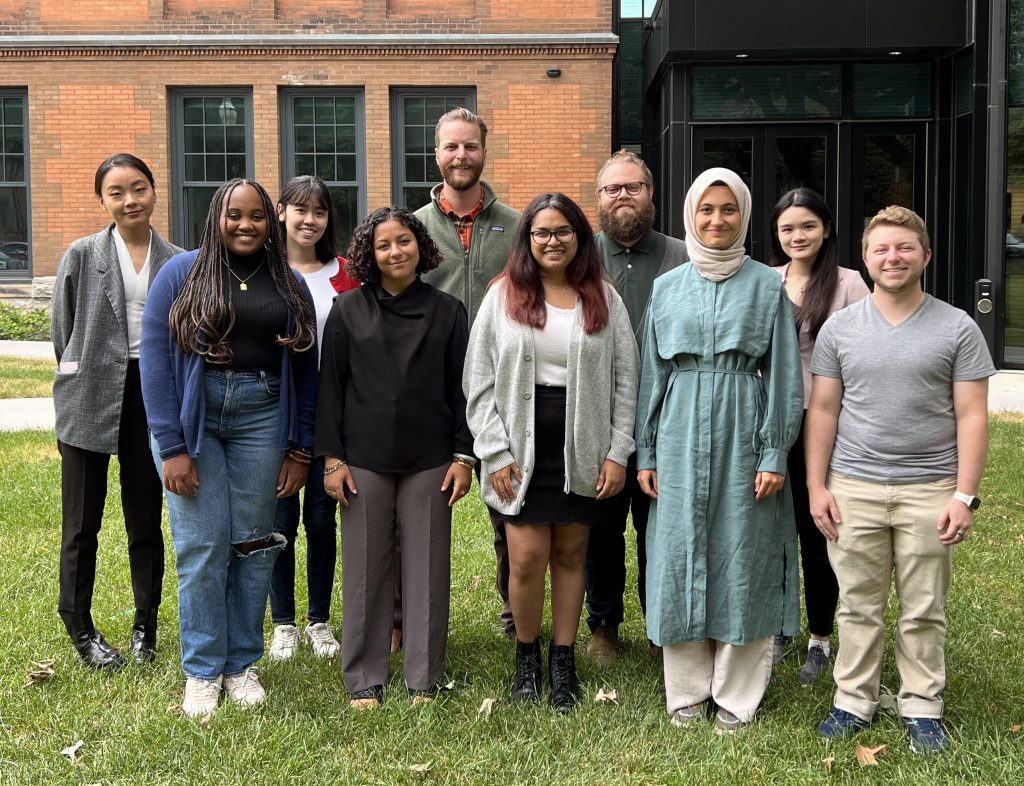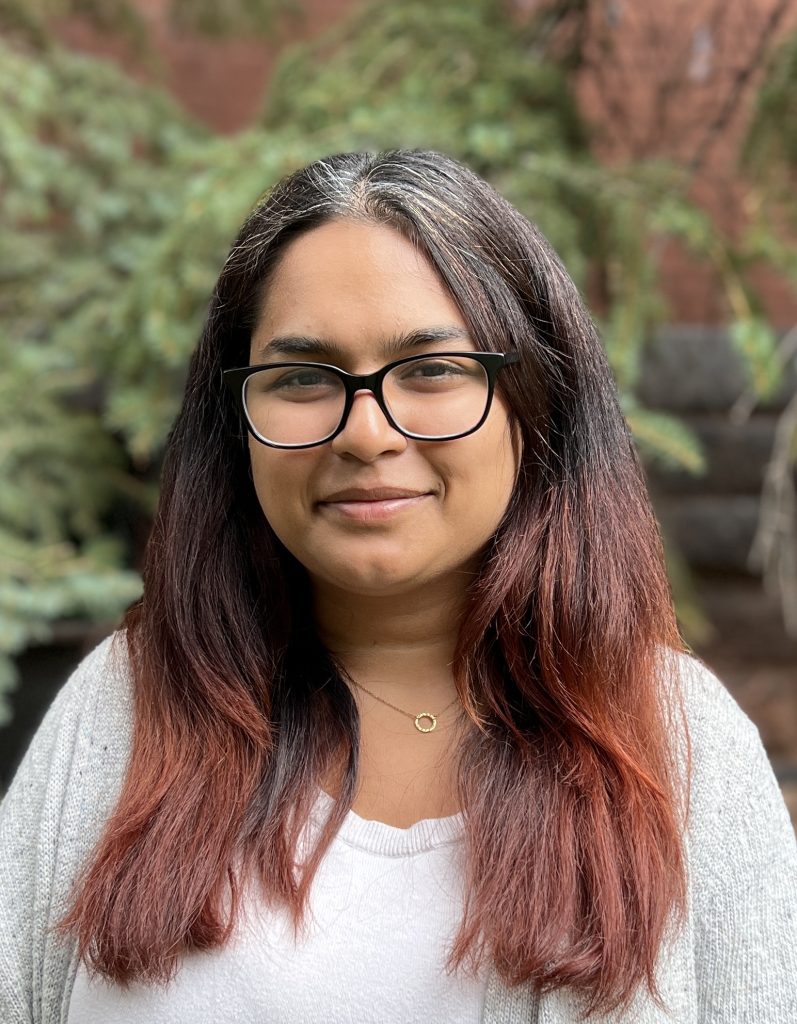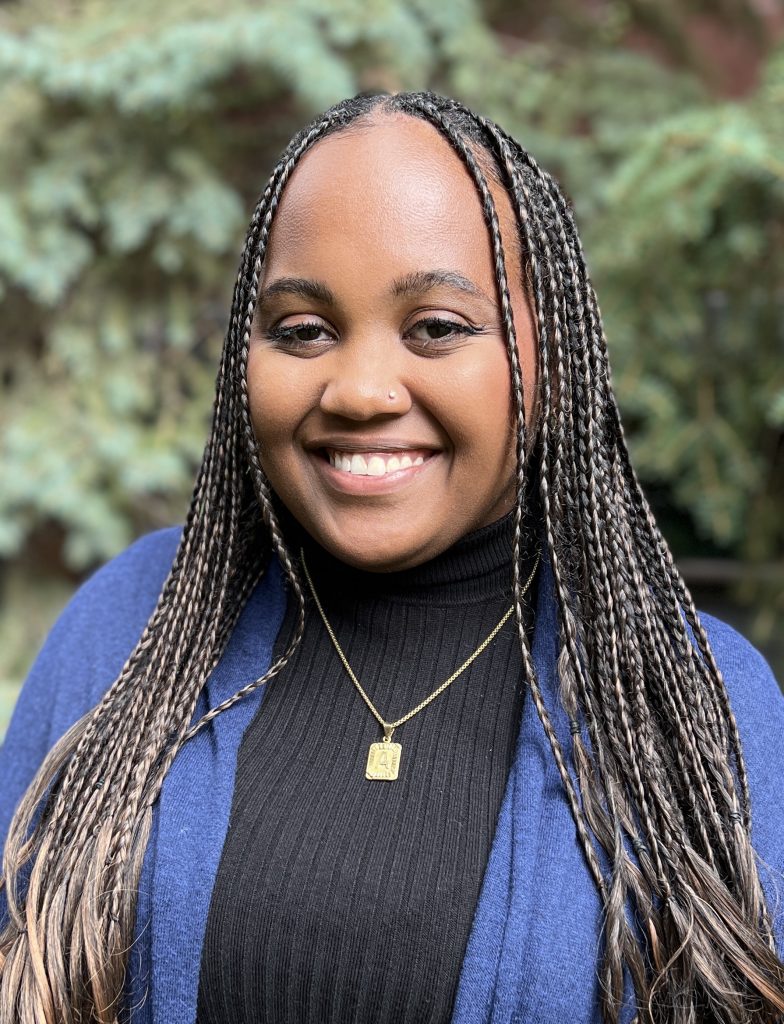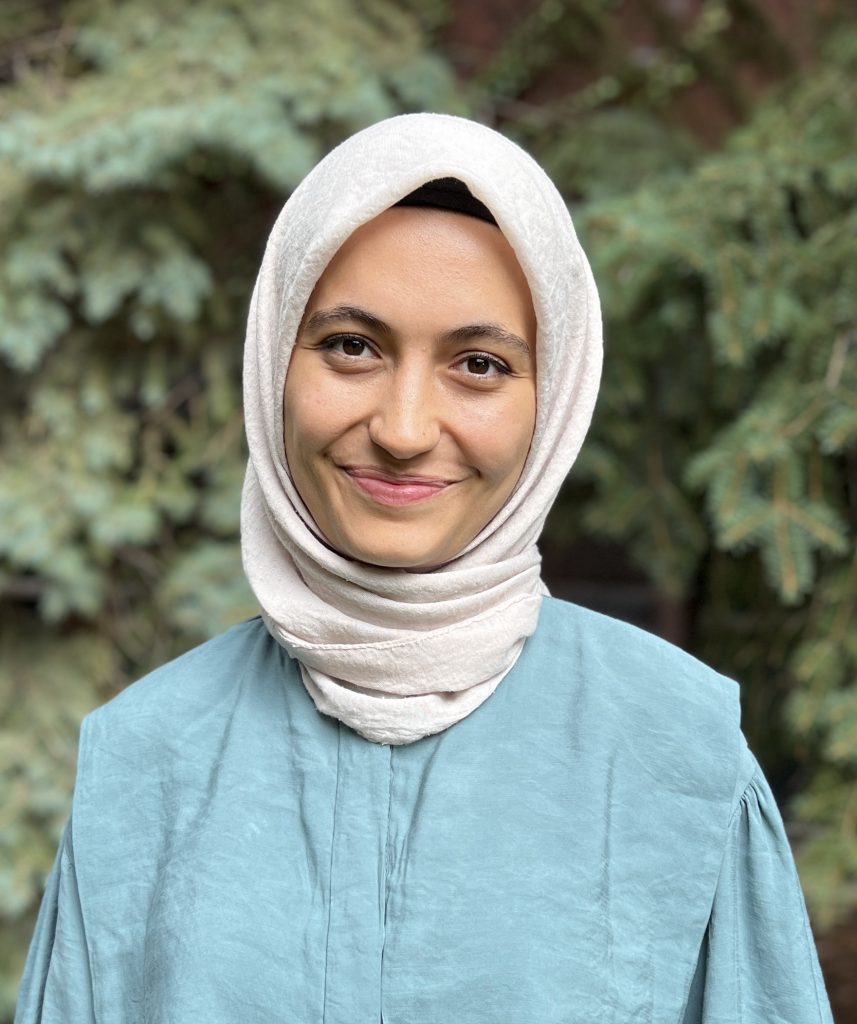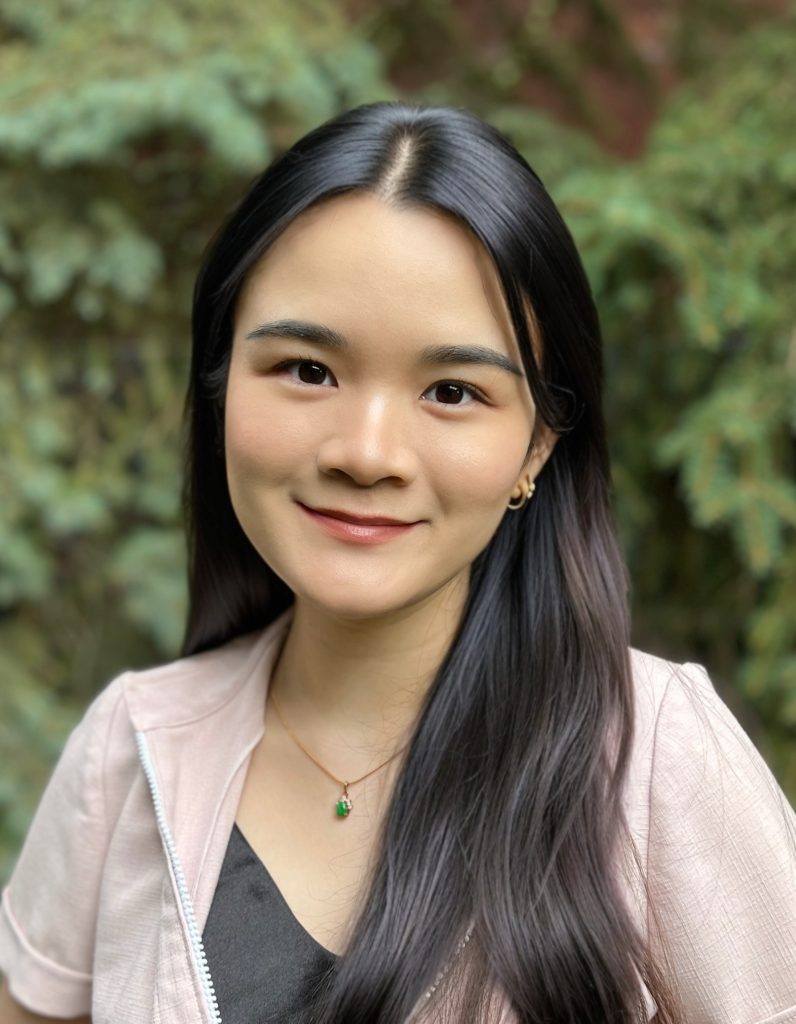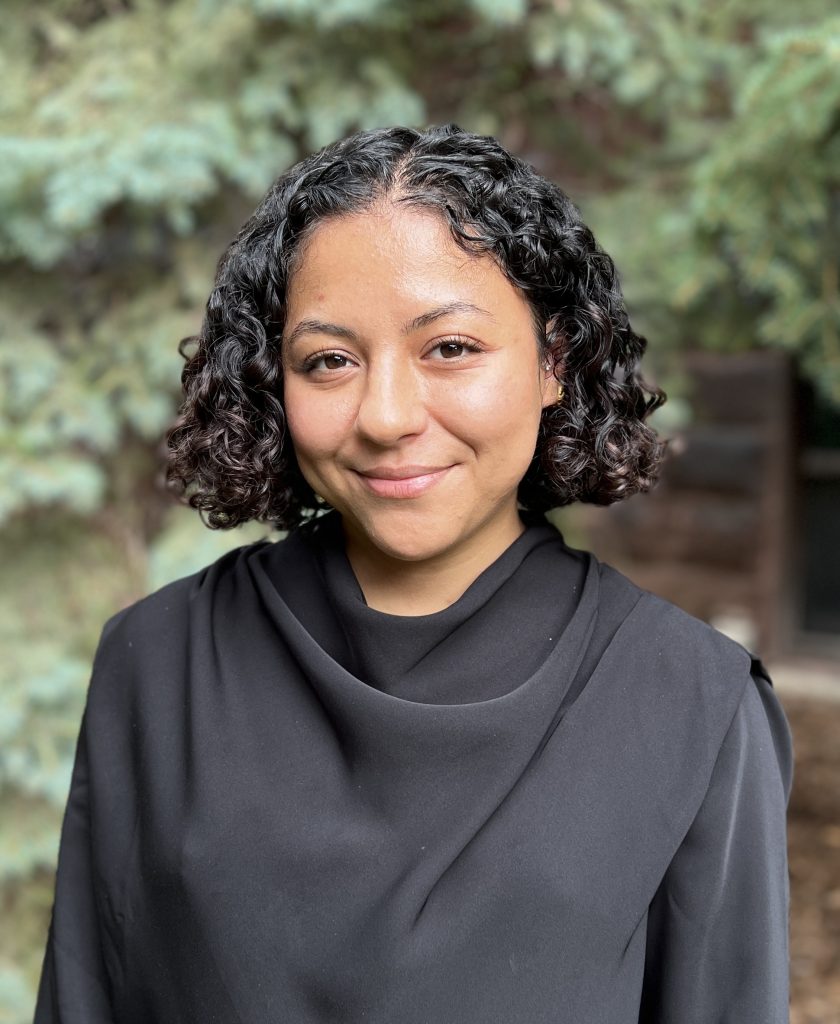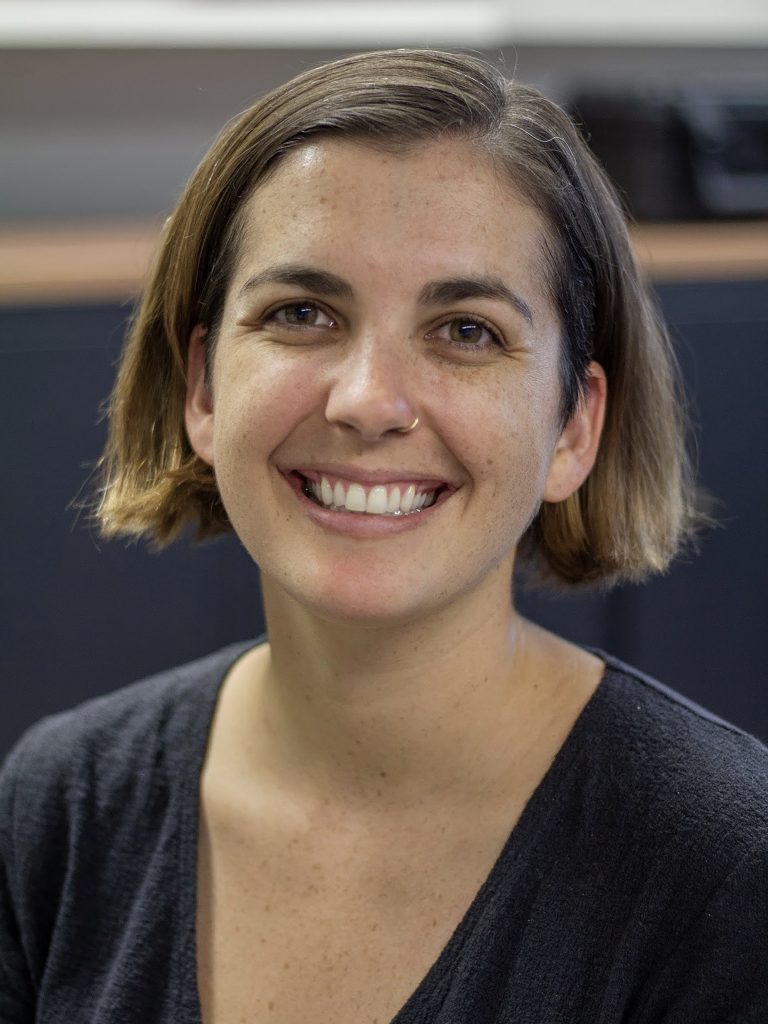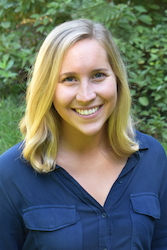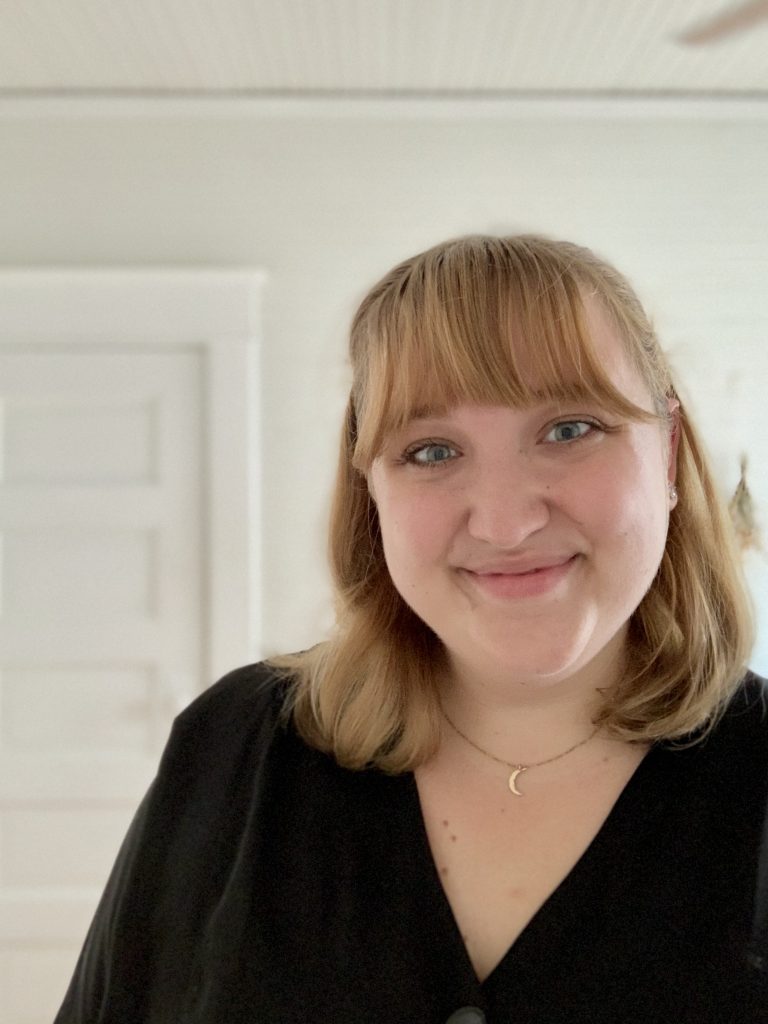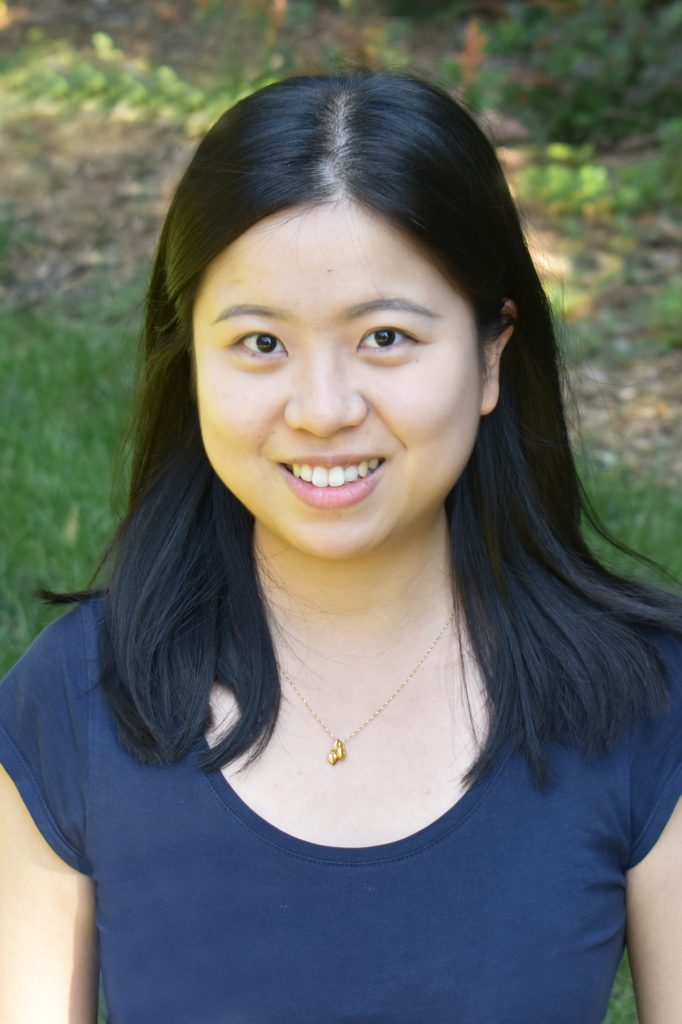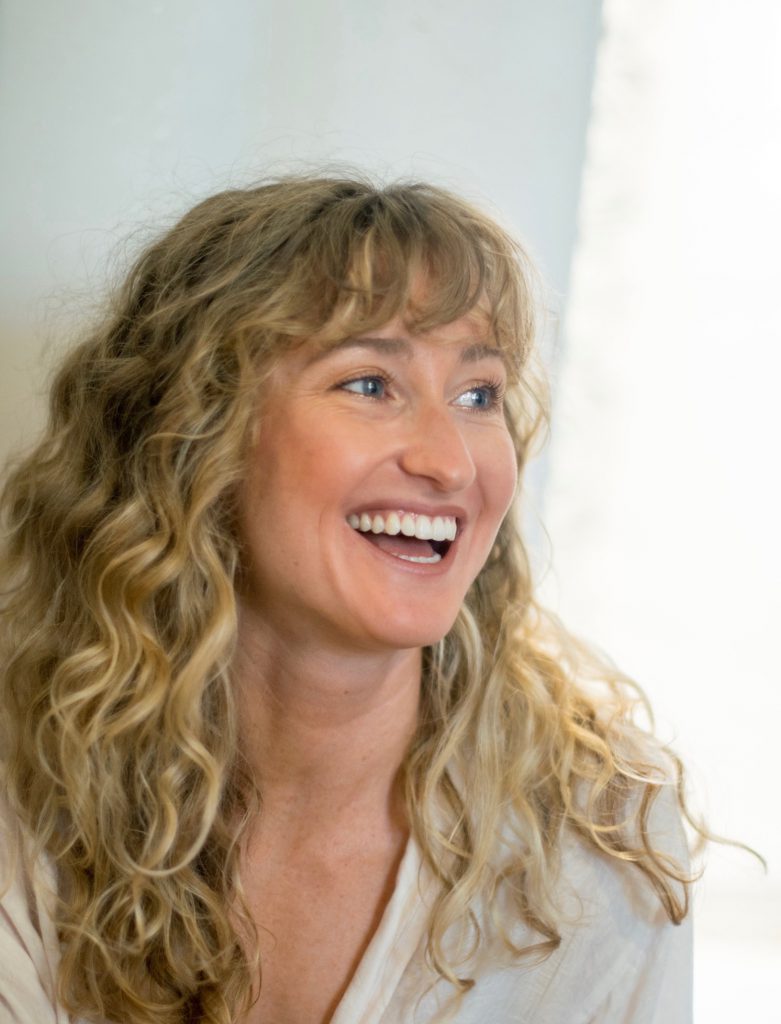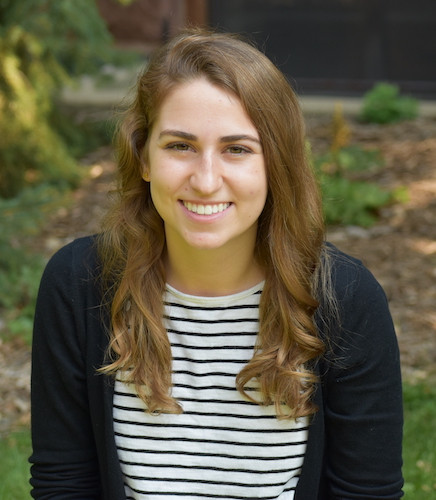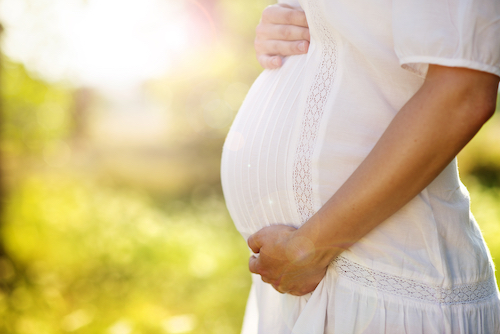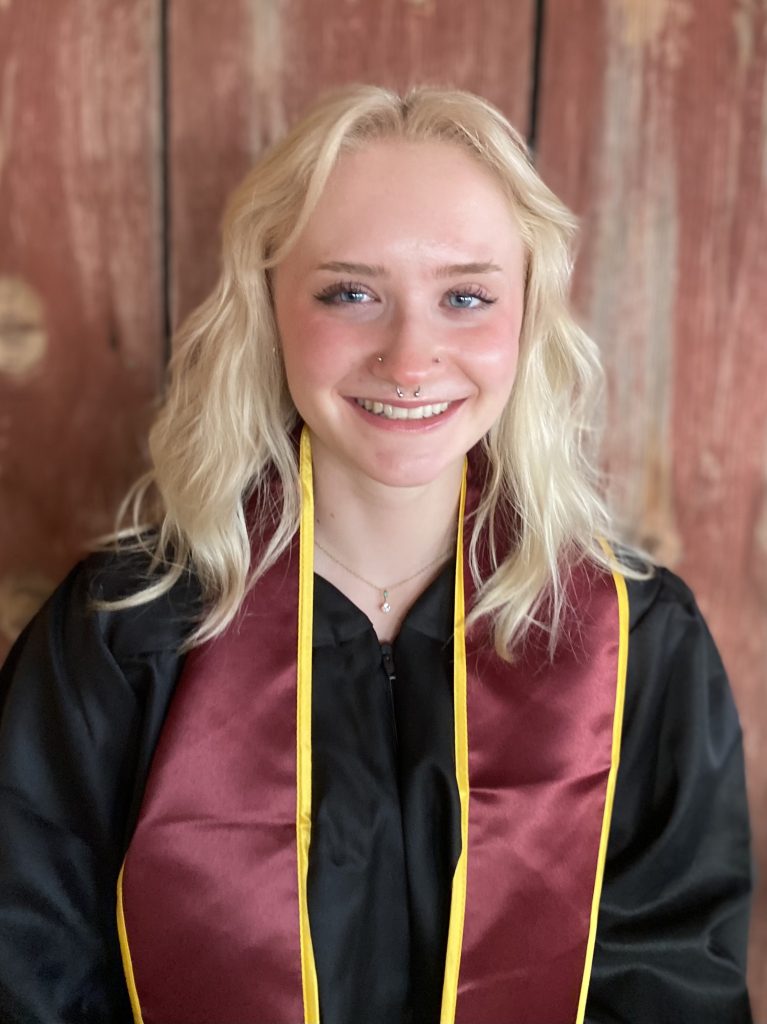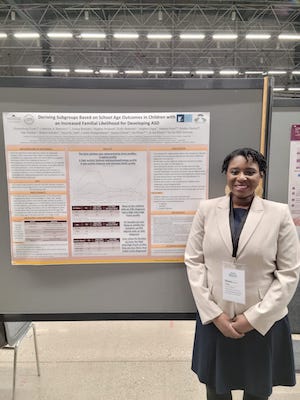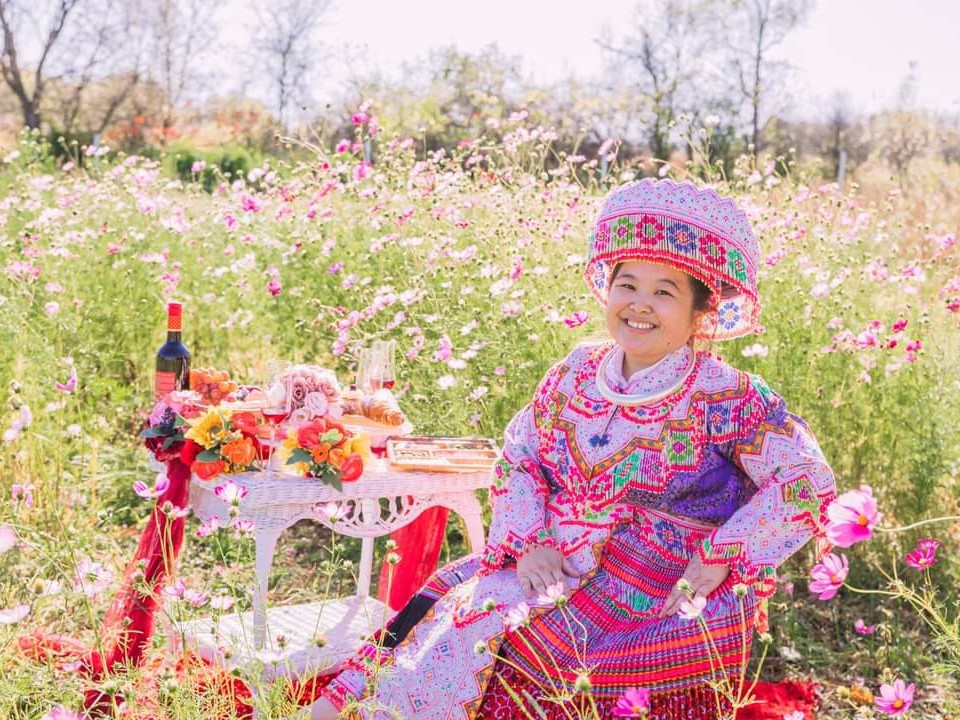ICD undergrad developmental psychology student Milena Yishak recently returned from a national conference for the Children’s Defense Fund’s (CDF) Black Student Leadership Network (BSLN). We asked her to share about her experience with the national program, which was relaunched in 2022 by CDF through a pilot program to cultivate student leaders, focusing particularly on those attending HBCUs and in key areas where CDF plans to expand its work including Atlanta, GA; Charlotte, NC; Houston, TX; Minneapolis, MN; and New Orleans, LA.
Tell us a little about yourself and what student groups you are involved in.
My name is Milena Yishak, I’m a third-year Developmental Psychology major and Psychology minor. I am the Co-President/Founder of the Eritrean Student Association and PR/Marketing Chair of the Association of Black Psychology Students here on campus. My student group involvement has combined my interest in child development and social justice and community organizing. Through BSLN, I’ve been able to help inform policy surrounding student and youth well-being at the national level.
How did you get involved with CDF’s Black Student Leadership Network?
I first heard about this opportunity through the director of the Office of Multicultural Student Engagement back in December of 2022. I attended the first conference [in 2022] at Alex Haley Farm in Clinton, TN with students coming from HBCUs and Minnesota schools as well!
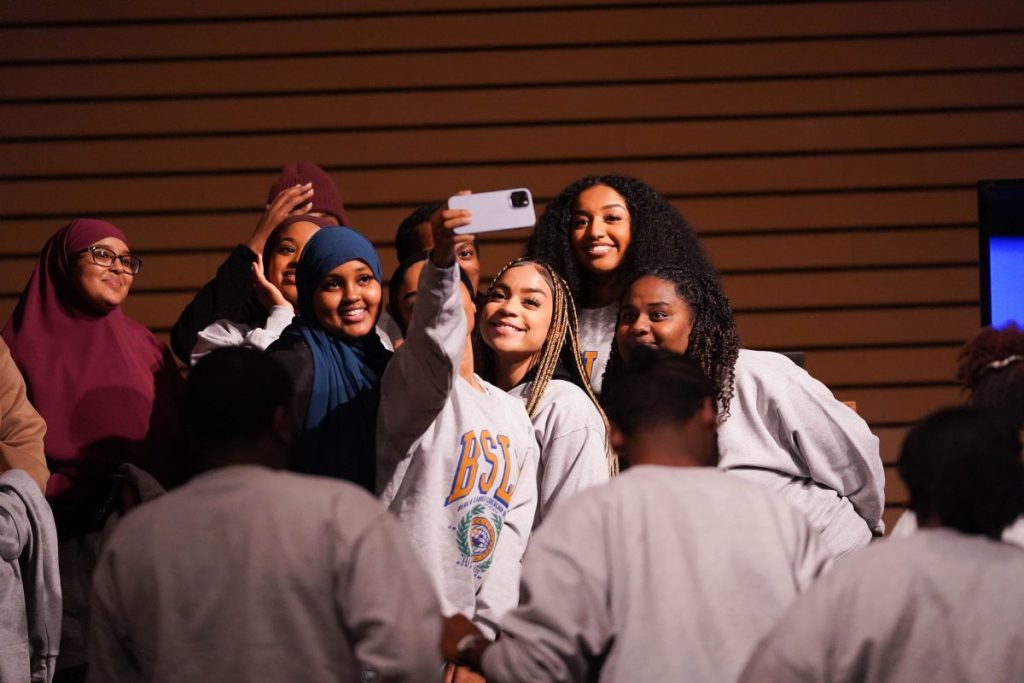
What have been the highlights of being part of this group?
The highlight of being apart of BSLN have been the relationships I have fostered with other student advocates from all over the country.
Why do you think it’s important to be part of a national group of students advocating for children?
I think this group is important because we bring our respective issues surrounding black students and youth, and help CDF develop policy agenda to combat them. It ensures that diverse perspectives are heard, and overall offers a space for us to connect and lean into each other. It is also beautiful to see all of us bonding over our common lived experiences.
How do you think participating with BSLN will support your future endeavors?
I think my participation in BSLN will support my future endeavors through the expansive network I have built consisting of other students, CDF national staff, and professional community organizers I have met through BSLN. My future interests are promoting equity in education and hopefully becoming a school psychologist!
To learn more about the Black Student Leadership Network, click here.

